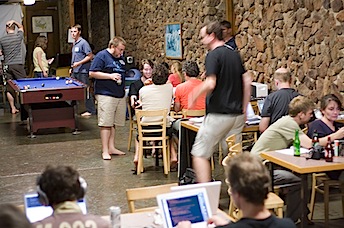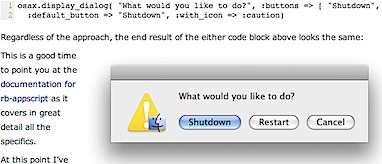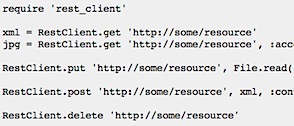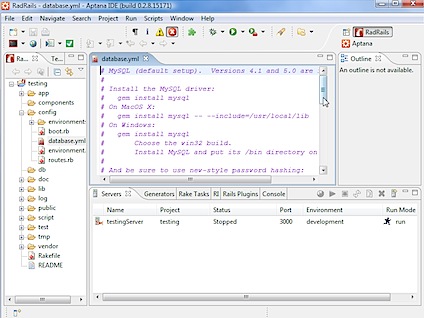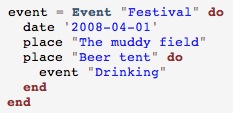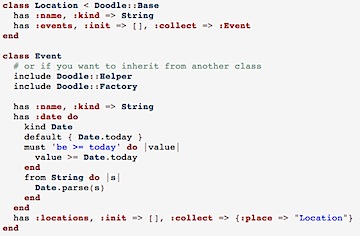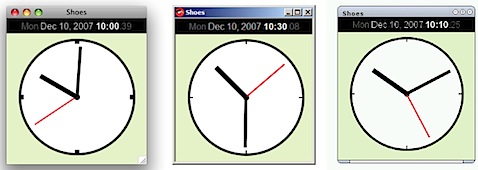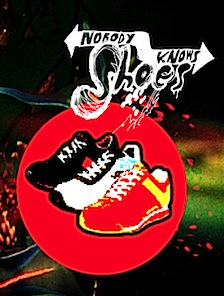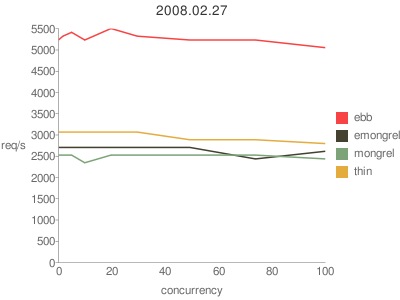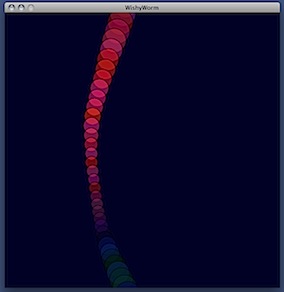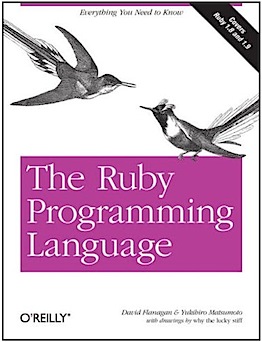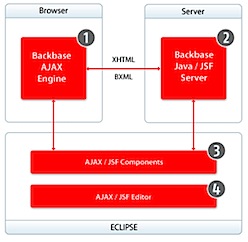
JavaServer Faces (JSF) is a Java platform Web application framework developed by Sun. Unlike most Web frameworks, which are request-driven, JSF uses UI components on the front end (typically a Web browser, none the less) that interact over the network, triggering events that cause various actions within a back end application. Rogério Pereira Araújo has put together a solid two part (so far) tutorial that demonstrates how to create JSF applications using JRuby and the JDBC variant of ActiveRecord.
Part one covers declaring JRuby-powered beans within the application and setting up a simple class. Part two goes into defining models, interacting with a database, and presenting data using the UI components. Read More

